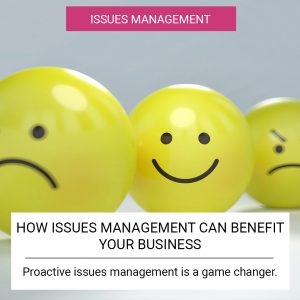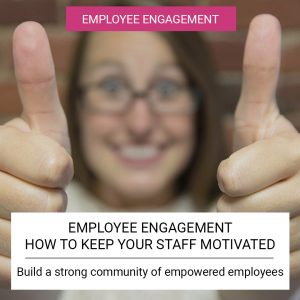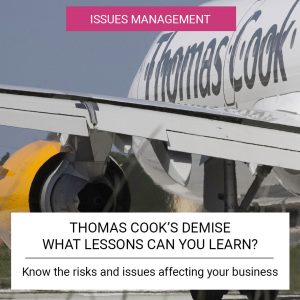
Corporate communication involves engaging transparently with your stakeholders, and communicating meaningful and authentic values.
Any business owner will have made decisions based purely on a feeling or intuition. We’re all guilty, at times, of believing we know the ins and outs of our industries, what our consumers needs are, and everything there is to know about our own business. But, how do we know what we know? Is it just an innate understanding of knowing what’s what? Or is our knowledge based on data we’ve collated from completing comprehensive research?
Before you can embark on embedding PR into any aspect your business, which we covered in last month’s article, ‘It’s time to unleash the powerhouse’, a lot of research needs to happen. After all, how can you truly know your business and its capabilities of growth if you haven’t analysed the situation of your business in the first place? This involves gathering data on three fundamental areas: the environment your business operates in, your organisation, and your stakeholders and publics.
Some of the most compelling insight can come from truly understanding the environment of your business. There’s a variety of analytical tools that can be used for this element of your formative research, although you can’t go wrong with a PEST analysis that evaluates the external environment impacting your industry including political, economic, social and technological factors.
Every discipline has its own lingo. In PR, when we refer to people as stakeholders and publics, we’re talking about the people that impact your business in some way. Think suppliers, buyers, regulators, competitors, complementary service providers and so on.
Once you’ve identified your stakeholders and publics, delve deeper into their relationship with your organisation to establish how important they are to your business, what their wants and needs are, as well as how to communicate with them.
And finally, a great way to analyse your organisation is the classic SWOT analysis to identify the strengths, weaknesses, opportunities and threats that relate to your business. We all begrudge doing them, but they’re great at uncovering little nuggets of information that can benefit your business.
The process of gathering data isn’t enough to make you fully armed and dangerous with your new found knowledge. You also need to interpret it to identify any particular issues, problems or opportunities that could impact your business.
The research doesn’t stop there. During the strategy stage, where you’re defining the aims and objectives of your plan, the stakeholders and publics involved, along with the approach of the programme too, research plays an integral part. There will be plenty of key questions to think about throughout this stage in the process, starting with who is it you need to engage with and how will you do it, to how will you measure success at the end? Countless research-based activities including testing ideas and content, to identifying the suitability of a channel for communication, all help in establishing the overall strategy of your programme.
With the implementation of your plan well under way, there’s no time to rest on your laurels just yet. Monitoring the programme as it unfolds, is the next aspect of research for you to undertake. Once again, asking questions is paramount to the success of your planned programme. How is it developing? Would any adjustments be beneficial? Even questioning the management of the programme itself, will help to identify whether you’re using adequate resources, are achieving the timescales set and also establish the effectiveness and efficiency of the programme too.
The often most forgotten about element of any strategy is the evaluative research stage. We’re so intent on pushing forward, we rarely take the time, or allocate the budget, to do a comprehensive evaluative review of the implemented plan. How do you determine that your strategic approach has been successful? What would you do differently next time? Ultimately, it’s fundamental to any plan to identify what you’ve learnt to feed back into the planning process so you can continually improve what you know and what you do.
Question everything, because intuition alone is not enough. You may think you know, but in a world that is constantly evolving and changing at an unprecedented rate, can you afford to throw caution to the wind and make your decisions based on a hunch? Research. It’s a formidable tool.
This article was first published in the Suffolk Free Press, Thursday 14 February 2019.

Corporate communication involves engaging transparently with your stakeholders, and communicating meaningful and authentic values.

Proactive issues management is a game changer. Turn threats into opportunities with issues management.

Having a workforce that is motivated and engaged can do wonders for the success of your organisation. Building a strong community of empowered employees that feel integral to your organisation is.

Thomas Cook ceased trading on Monday 23 September 2019. With many experts saying its fate was inevitable, what can be learnt from the demise of Thomas Cook?
© 2019-2020 All rights reserved
Knight Media Communications Ltd | Company no. 12064990